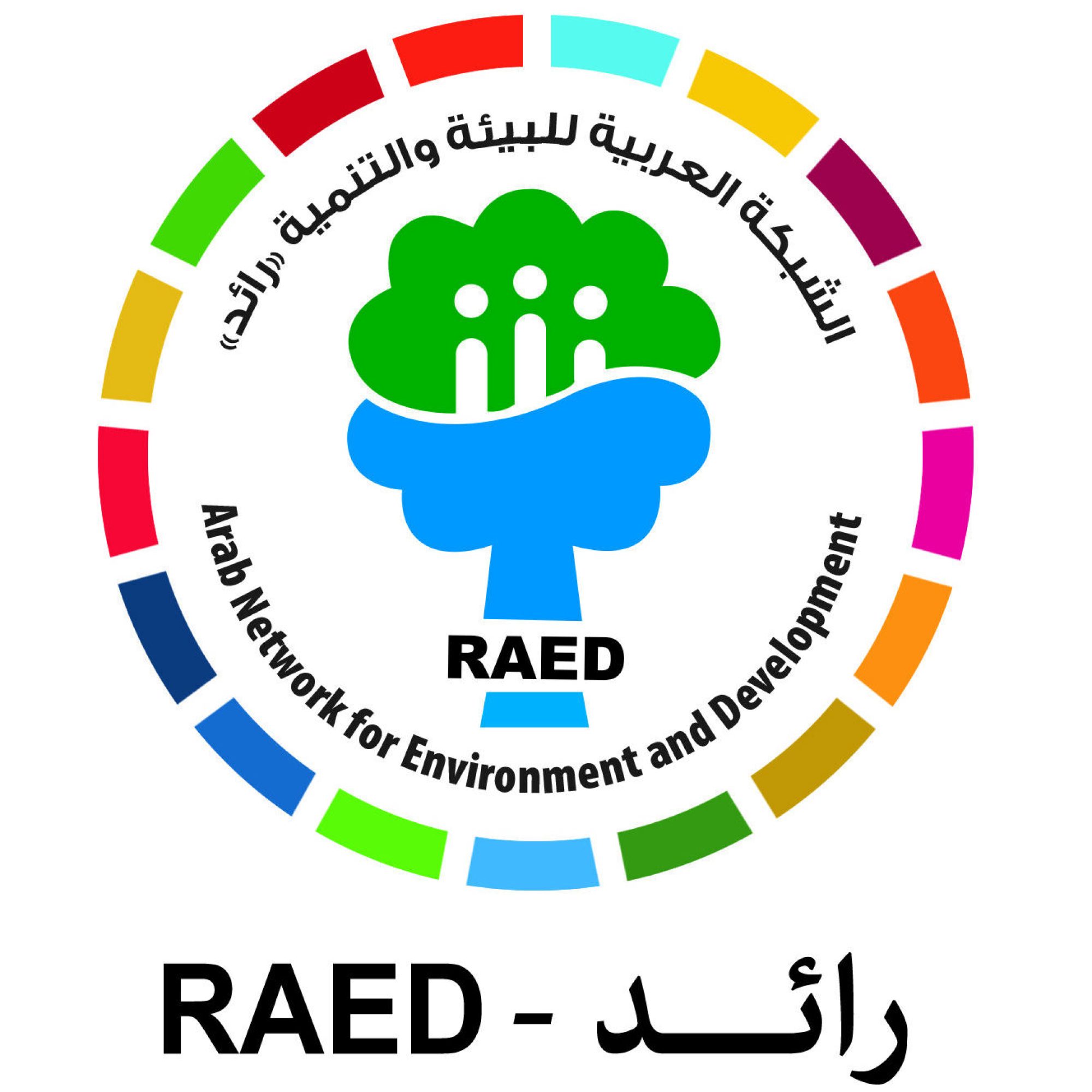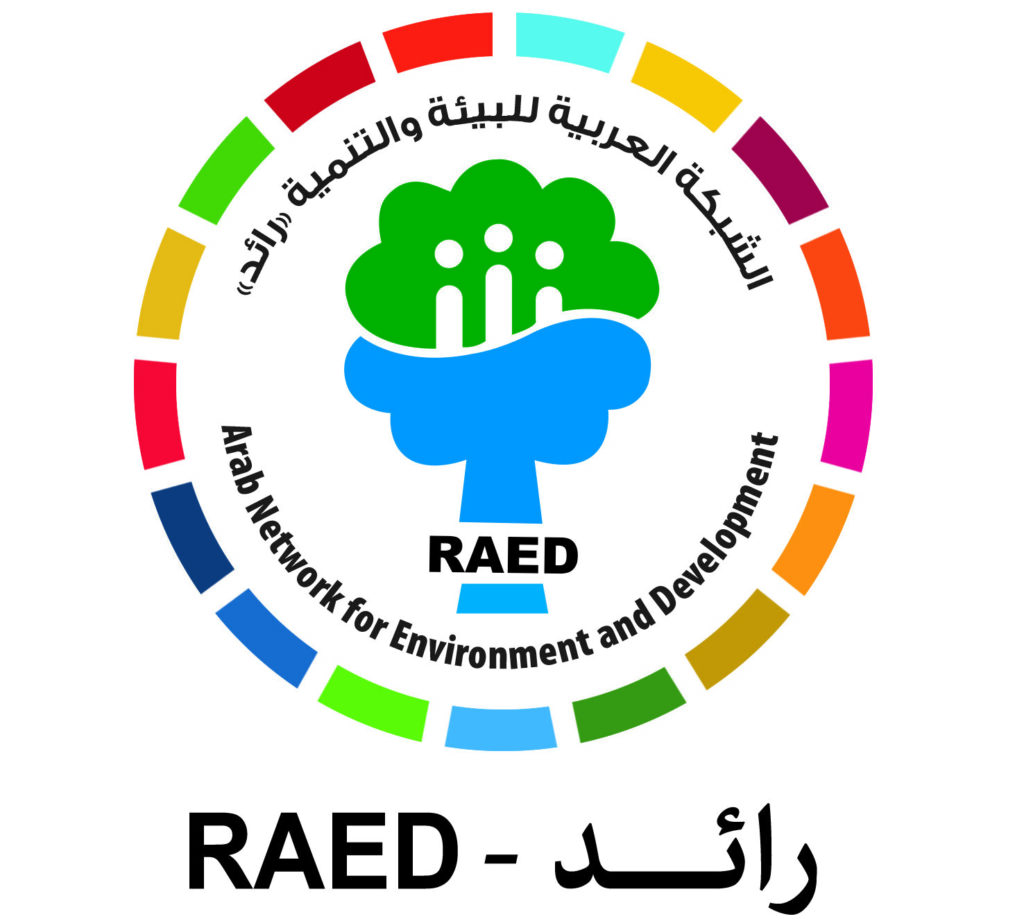Outstanding Participation of RAED in a Regional Training Programme on Sustainable Food Systems in Spain
The Arab Network Strengthens Its Role in Supporting Food Security, Resource Protection and Climate Adaptation
In a step that reflects its active regional presence, the Arab Network for Environment and Development (RAED) participated in the Regional Training Programme on Sustainable Food Systems and Nature-Based Solutions, hosted in Zaragoza, Spain.
RAED’s participation reaffirmed its pivotal role as one of the leading civil society organizations in the Arab region supporting ongoing efforts to promote food security, protect natural resources, and adapt to climate change.
Held from 23 to 25 September 2025, the training programme provided a valuable platform for exchanging experiences among civil society organizations, governmental institutions and international partners. It fostered the development of shared visions to advance sustainable practices and link them to pathways for inclusive and equitable development, while ensuring the integration of women and youth as essential components of these efforts.
This intensive regional training was implemented under the “MABADARAT” Capacity-Building Programme, supervised by the International Union for Conservation of Nature – Centre for Mediterranean Cooperation (IUCN-Med), with the support of the Spanish Agency for International Development Cooperation (AECID), and in partnership with the International Centre for Advanced Mediterranean Agronomic Studies (CIHEAM Zaragoza) and the Spanish Institute of Public Administration (FIAP).
Its objective was to enable civil society organizations, local entities and relevant stakeholders in the Southern and Eastern Mediterranean countries to develop their capacities and adopt innovative practices to address environmental challenges, focusing particularly on food security, natural resource management and climate resilience.
The programme’s importance stems from its timing amid increasing pressure on communities facing climate change impacts and natural resource scarcity. Participants explored methodologies of Nature-Based Solutions (NbS), a global framework introduced by IUCN, as an innovative approach to simultaneously address environmental, social and economic issues.
This approach is based on the management and utilization of ecosystems to achieve mutual benefits for people and nature. Many countries and donor agencies have already adopted it as a key pathway toward achieving the Sustainable Development Goals (SDGs) and the Paris Climate Agreement.
The training gathered 33 participants, including representatives from 18 civil society organizations across six Mediterranean countries, Egypt, Libya, Tunisia, Algeria, Morocco, and Lebanon, among them RAED. In addition to, representatives of partner government institutions such as the National Agency for Water and Forests (Morocco) and the Ministry of Environment (Tunisia), as well as experts from the organizing international partners.
This diversity created a rich dialogue platform for sharing experiences on sustainable agriculture, food security and natural resource protection.
The sessions addressed key themes such as:
- Reviewing global theoretical frameworks for the application of Nature-Based Solutions,
- Promoting integrated water management that combines environmental solutions with traditional knowledge,
- Exploring tools for monitoring soil and land health to support the transition toward agroecological systems, and
- Discussing opportunities to enhance community resilience by integrating NbS into agricultural value chains.
Special focus was placed on promoting social inclusion by engaging women and youth in local initiatives, ensuring justice, equity and sustainability, while also addressing the economic, social and environmental challenges that may hinder their participation.
The workshops concluded with a series of recommendations, notably:
- Strengthening local value chains to create sustainable economic opportunities for rural communities,
- Encouraging multi-stakeholder partnerships to enhance sustainability and resilience against climate challenges,
- Ensuring the participation of women and youth in all stages of project design and implementation, and
- Adopting practical monitoring and evaluation tools to measure field-level changes and inform future policy improvements.
The training ended with a plenary session, during which participants expressed their commitment to transferring the acquired tools and experiences to their respective countries, and to working with farmers and local communities to strengthen food security, sustainable agriculture, and ecosystem resilience.
They emphasized that the event provided a strong opportunity for civil society organizations to enhance their capacities in nature conservation through internationally recognized tools and field-applicable expertise.
Organizers highlighted that this training came at a critical juncture, as Mediterranean countries face escalating challenges related to climate change impacts, water scarcity and land degradation, making investment in civil society capacities and the adoption of Nature-Based Solutions a strategic necessity for ensuring a sustainable future for coming generations.


